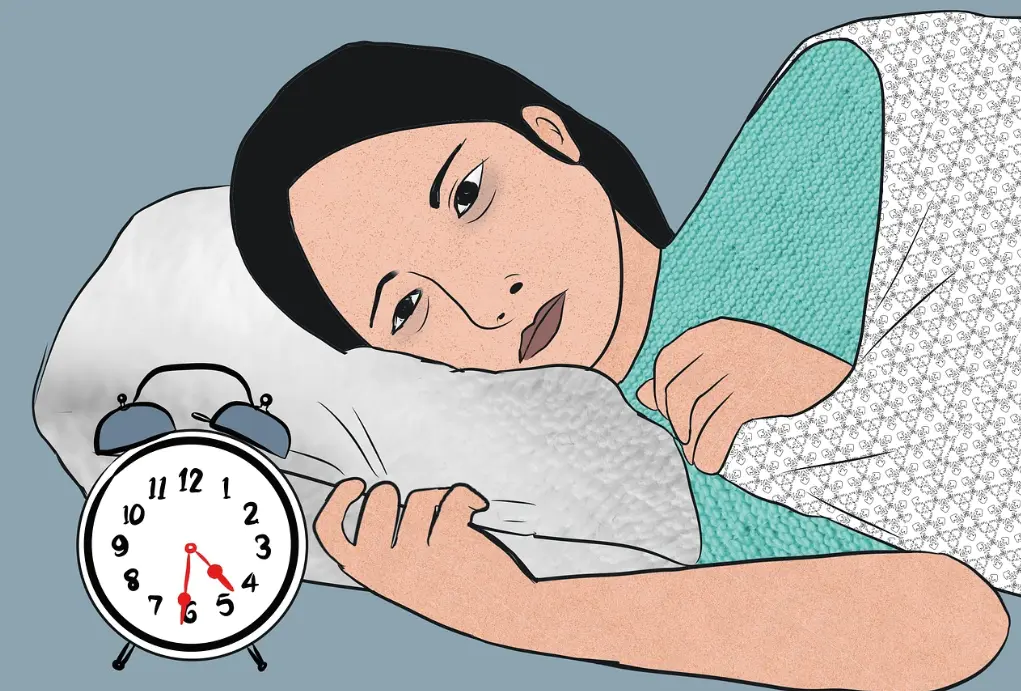In today’s fast-paced world, with constant demands and relentless activity, stress and anxiety levels seem to reach new peaks every day. Given this, taking care of our mental health has never been more important. One key aspect of mental well-being is mood regulation. If we don’t actively manage our mood, it can quickly spiral out of control, leading to feelings of overwhelm and even depression.
Among the various strategies to reduce stress and cultivate calm, exercise stands out as one of the most effective. Engaging in physical activity has been proven to improve mood, and research consistently supports its numerous benefits.
Why Does Exercise Enhance Your Mood?
When we exercise, our brains release a neurotransmitter known as endorphins, which play a key role in enhancing our feelings of happiness. These endorphins bind to specific receptors in the brain, reducing pain and creating a sense of euphoria that spreads throughout the body.
You might have heard of the term "runner’s high"—a state of exhilaration that runners often experience after a period of intense exertion. This euphoric feeling is the result of a surge of endorphins during physical activity, which can leave one feeling incredibly satisfied and content.
However, the runner's high isn't exclusive to running. Any form of physical exercise can trigger this rewarding sensation.
In addition to endorphins, other important neurotransmitters are also released during physical activity. Serotonin, often referred to as the "feel-good" hormone, is one such neurotransmitter. It’s responsible for stabilizing mood, regulating appetite, and improving sleep patterns. Exercise increases serotonin availability in the brain, helping to uplift mood and provide a sense of well-being.
Similarly, dopamine, sometimes called the "reward" hormone, is released during exercise. Dopamine is closely linked to feelings of pleasure, motivation, and achievement. As you engage in regular physical activity, your dopamine levels rise, leading to a greater sense of accomplishment and satisfaction, particularly after completing a workout.
How Does Exercise Help in Stress Reduction?
Regular physical activity can also significantly reduce stress by lowering the levels of stress hormones such as adrenaline and cortisol in the body.
Adrenaline, often referred to as the "fight-or-flight" hormone, is released when you face sudden stress. For example, if you slam on your car’s brakes to avoid an accident, the surge of adrenaline helps you react quickly and effectively. While this response is beneficial in short bursts, chronic stress leads to persistent high adrenaline levels, which can be harmful to your health.
Similarly, cortisol, another hormone released during stress, can wreak havoc on the body when levels remain elevated over extended periods. Prolonged stress, or chronic stress, increases cortisol, which can lead to physical issues such as digestive problems, sleep disturbances, and an increased risk of disease.
Fortunately, exercise plays a key role in counteracting these stress hormones. By regularly engaging in physical activity, you can help balance cortisol levels and reduce the negative effects of stress on your body.
Exercise Boosts Self-Esteem and Confidence
In addition to reducing stress and improving mood, exercise has a profound impact on self-esteem and confidence. The simple act of sticking to an exercise routine and seeing progress over time—whether it’s achieving fitness goals, improving physical performance, or noticing positive changes in your body—can significantly enhance your self-worth.
As you continue to challenge yourself and improve, you may also begin to view your body more positively, which contributes to an overall improvement in your mental health.
How Much Exercise Is Needed for Mood Enhancement?
According to experts at Harvard Health, you don’t need to commit hours to exercise to experience its mood-boosting benefits. Even just 15 minutes of running or an hour of walking daily can have a noticeable impact on stress levels and mental well-being. While the precise amount of exercise varies from person to person, the key takeaway is that any amount of physical activity can help combat depression and improve your overall mood.
As noted by Harvard Medical School professionals, the quality of life is closely tied to the quality of our mindset, and regular physical activity, no matter how small, can significantly enhance your mental outlook and sense of well-being.
In conclusion, exercise is a powerful tool for both mental and physical health. By incorporating regular physical activity into your daily routine, you can experience improved mood, reduced stress, and a greater sense of self-esteem—all of which contribute to a healthier and happier life.
Recent
See All2025-08-28
8 Powerful Strategies to Sharpen Your Brain for Success
2025-08-28
Navigating Life: Embrace the Journey and Let Go of Control
2025-08-28
Embrace Health & Fitness Goals That Last!
2025-08-28
Mastering Emotional Management: Practical Strategies for Emotional Regulation
2025-08-28
Simple and Effective Tips for Overcoming Insomnia
2025-08-28
Is That Mole Something You Should Really Worry About?
2025-08-28
7 Essential Tips for Maintaining Healthy Joints
2025-08-28
Letting Go of Grudges and Resentment for Better Health and Well-Being
2025-08-28
Coach or Mentor: Which One Do You Really Need?
2025-08-28
Is Stress Impacting Your Weight? Strategies for Cultivating a Positive Attitude for Weight Management
Newsletter
Get life tips delivered directly to your inbox!












